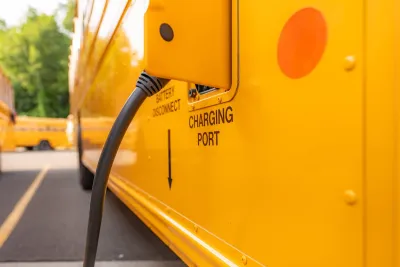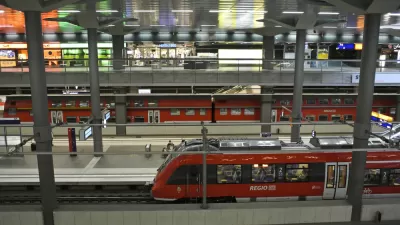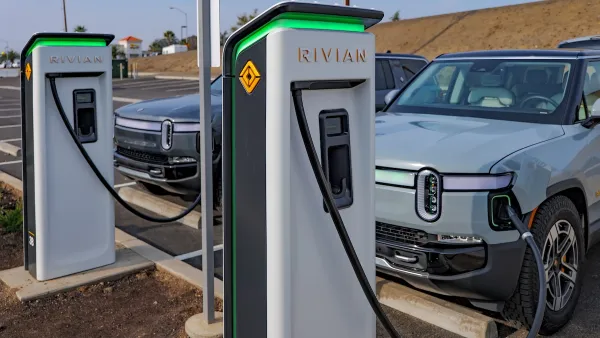Pittsburgh Public Schools has launched its first electric school buses, with plans to fully electrify its fleet over the next 14 months, aiming to create a cleaner, more sustainable transportation system supported by new charging infrastructure.

Pittsburgh Public Schools has officially introduced its first fleet of electric school buses, marking a major step in the district’s move toward cleaner and more sustainable student transportation. Sixteen electric buses are now in operation, with an additional 45 planned for deployment soon. The initiative is part of a broader partnership with First Student, the district’s transportation contractor, which is leading the effort to modernize the fleet and reduce emissions.
These electric buses use battery-powered motors and regenerative braking technology, which captures energy from braking to extend the vehicle’s range. Smaller type-A buses can travel up to 80 miles per charge, while the larger buses arriving later will have ranges of 80 to 140 miles. As reported by Ross Guidotti, a critical part of this rollout has been the installation of high-power charging infrastructure by Duquesne Light, which spent over a year working with First Student to ensure the power needs of the charging stations were met.
The district aims to have its full fleet of electric buses, both large and small, fully operational within 14 months. Leaders from Pittsburgh Public Schools and its partners emphasize that the project is not only about replacing diesel with electric vehicles but also about investing in long-term infrastructure to support sustainability. Superintendent Dr. Wayne N. Walters noted that every mile traveled by the electric buses helps move Pittsburgh closer to becoming a greener, more environmentally friendly city.
FULL STORY: Pittsburgh Public Schools debuts first electric school buses

Planetizen Federal Action Tracker
A weekly monitor of how Trump’s orders and actions are impacting planners and planning in America.

Congressman Proposes Bill to Rename DC Metro “Trump Train”
The Make Autorail Great Again Act would withhold federal funding to the system until the Washington Metropolitan Area Transit Authority (WMATA), rebrands as the Washington Metropolitan Authority for Greater Access (WMAGA).

The Simple Legislative Tool Transforming Vacant Downtowns
In California, Michigan and Georgia, an easy win is bringing dollars — and delight — back to city centers.

In These Cities, Most New Housing is Under 441 Square Feet
With loosened restrictions on “micro-housing,” tiny units now make up as much as 66% of newly constructed housing.

Albuquerque’s Microtransit: A Planner’s Answer to Food Access Gaps
New microtransit vans in Albuquerque aim to close food access gaps by linking low-income areas to grocery stores, cutting travel times by 30 percent and offering planners a scalable model for equity-focused transit.

This City Will Pay You to Meet Your Neighbors
A North Kansas City grant program offers up to $400 for residents to throw neighborhood block parties.
Urban Design for Planners 1: Software Tools
This six-course series explores essential urban design concepts using open source software and equips planners with the tools they need to participate fully in the urban design process.
Planning for Universal Design
Learn the tools for implementing Universal Design in planning regulations.
Smith Gee Studio
City of Charlotte
City of Camden Redevelopment Agency
City of Astoria
Transportation Research & Education Center (TREC) at Portland State University
US High Speed Rail Association
City of Camden Redevelopment Agency
Municipality of Princeton (NJ)





























